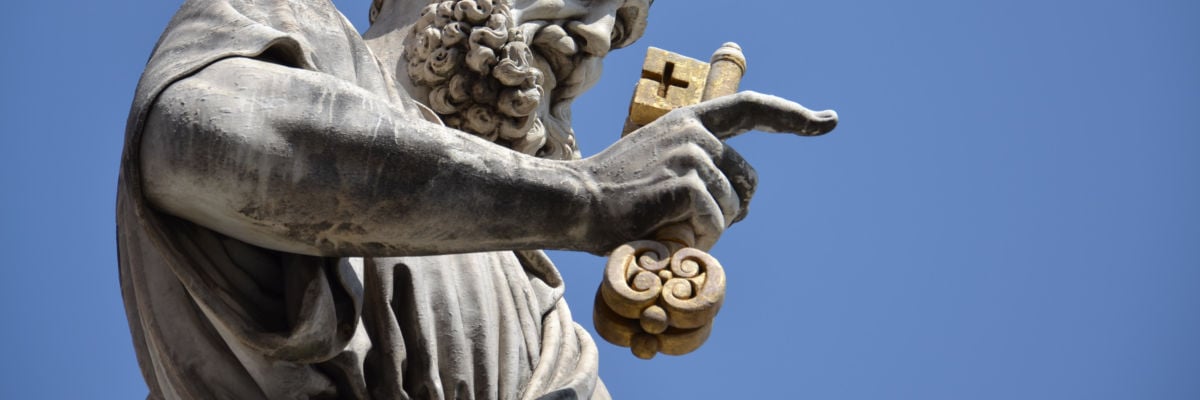H
HopkinsReb
Guest
I’ll let you know if I ever get up to three.It’s really not, I’m sorry. It’s my fourth language in fact.
I’ll let you know if I ever get up to three.It’s really not, I’m sorry. It’s my fourth language in fact.
The document was a Papal Bull. There have been dogmatic proclamations on bulls, but, simply writing on parchment with the silk cords and seals does not make the document infallible.Ad Extirpanda
Everything current is binding, even those things which are not doctrinal/dogmatic. The Church has the authority to infallibly declare doctrines and dogmas and the authority to decide on matters of discipline that are not subject to infallibility.Ok, that would resolve the issue. How do we know what’s actual doctrine and what’s in the same category as this bull and thus is not binding? I presume the catechism and what else if anything?


If you add up all the fractions of the various languages I either studied in school a long time ago or was exposed to during 10 years travelling the world courtesy of my rich uncle Samuel, such as knowing how to ask for directions to the nearest toilet, and maybe knowing just enough to get my face slapped when I mispronounce something, it might add up to a second…I’ll let you know if I ever get up to three.
There are two: the Assumption of the Blessed Virgin Mary, and her Immaculate Conception.Again, there has never been an "Infallible’ dogma (Deposit of Faith) of the Church.
You need to understand when the Pope must be infallible. Generally he is a person like the rest of us.How can we hold the dogma of papal infallibility if there are such contradictions, without just cherry picking the papal documents we like and thus “sacrifice” reason.
